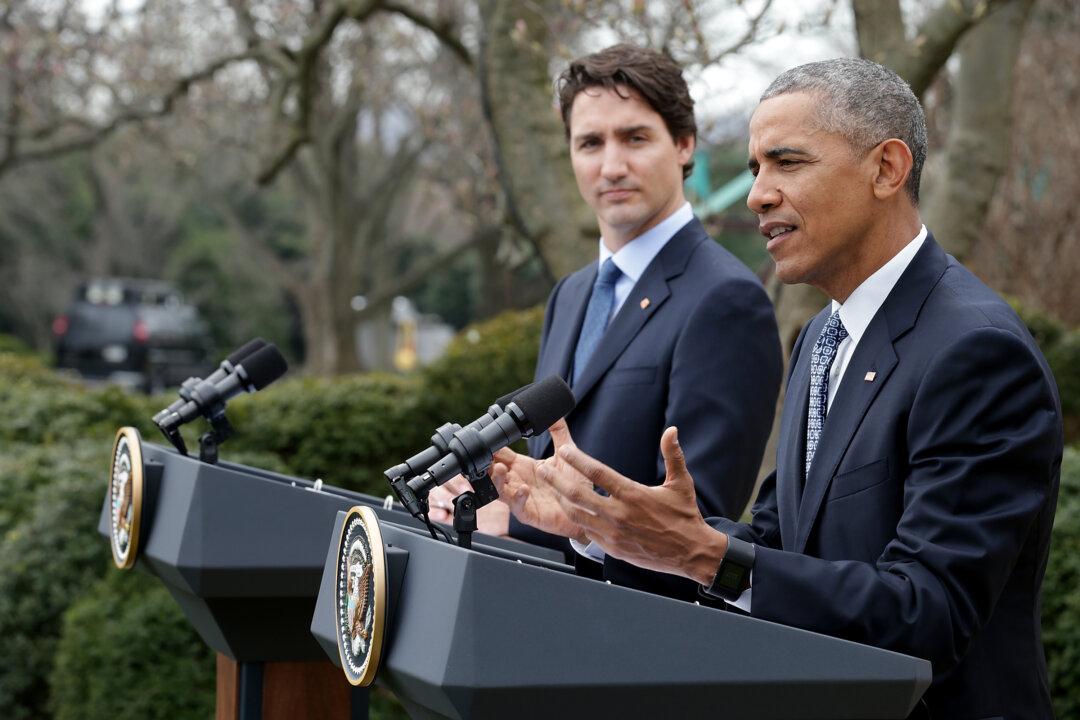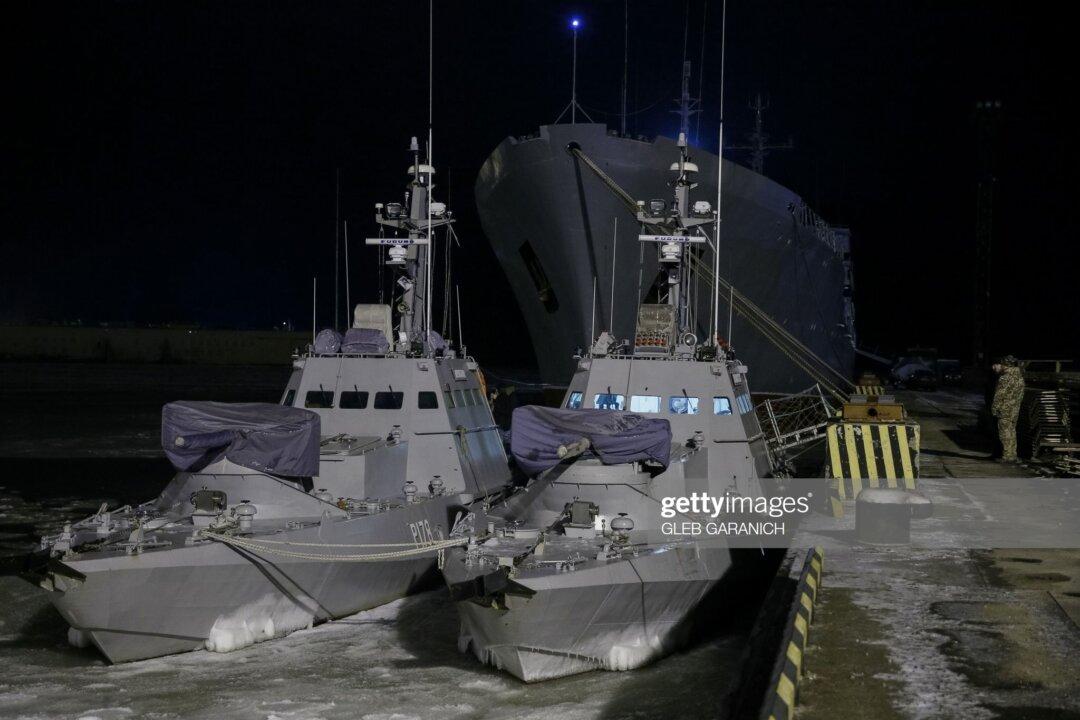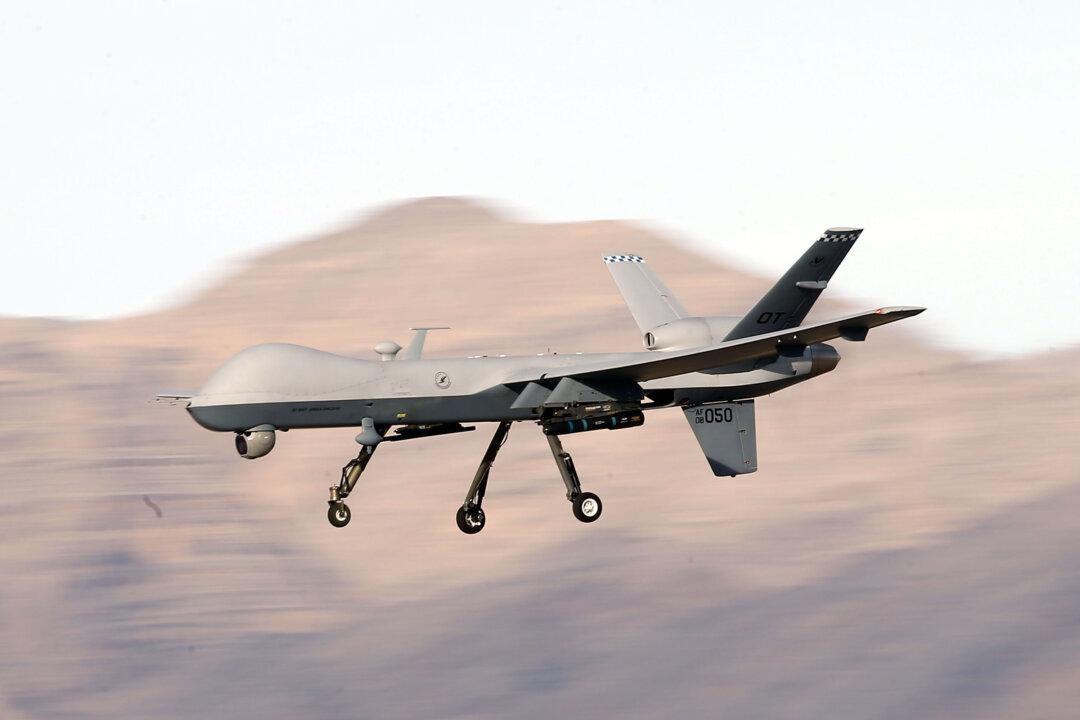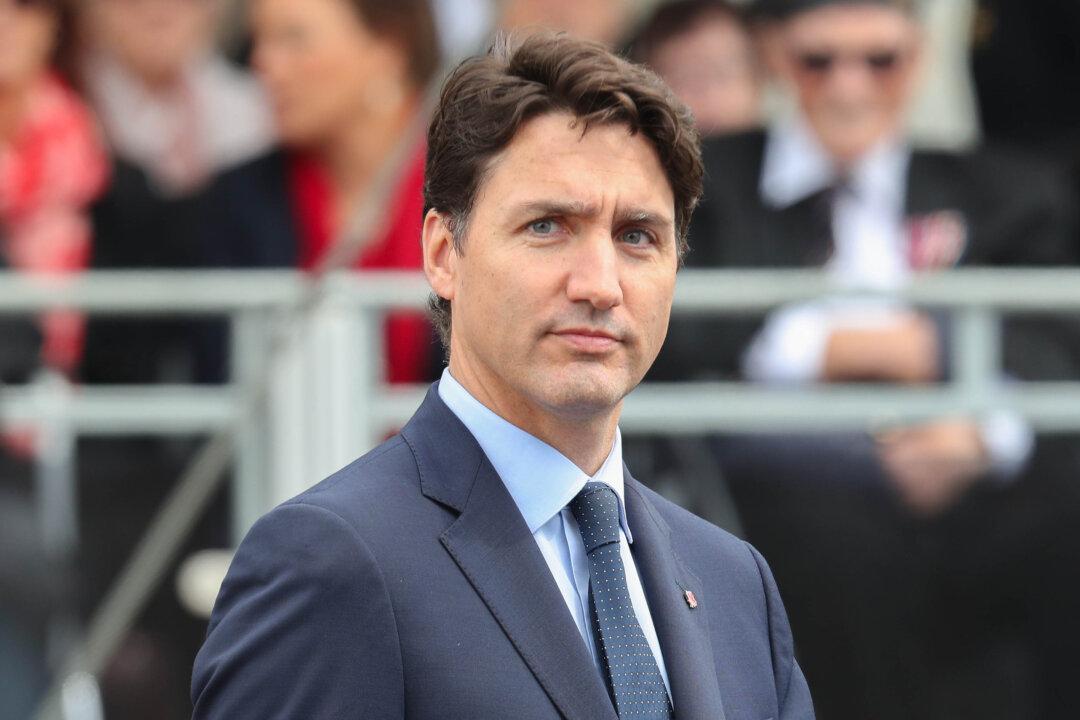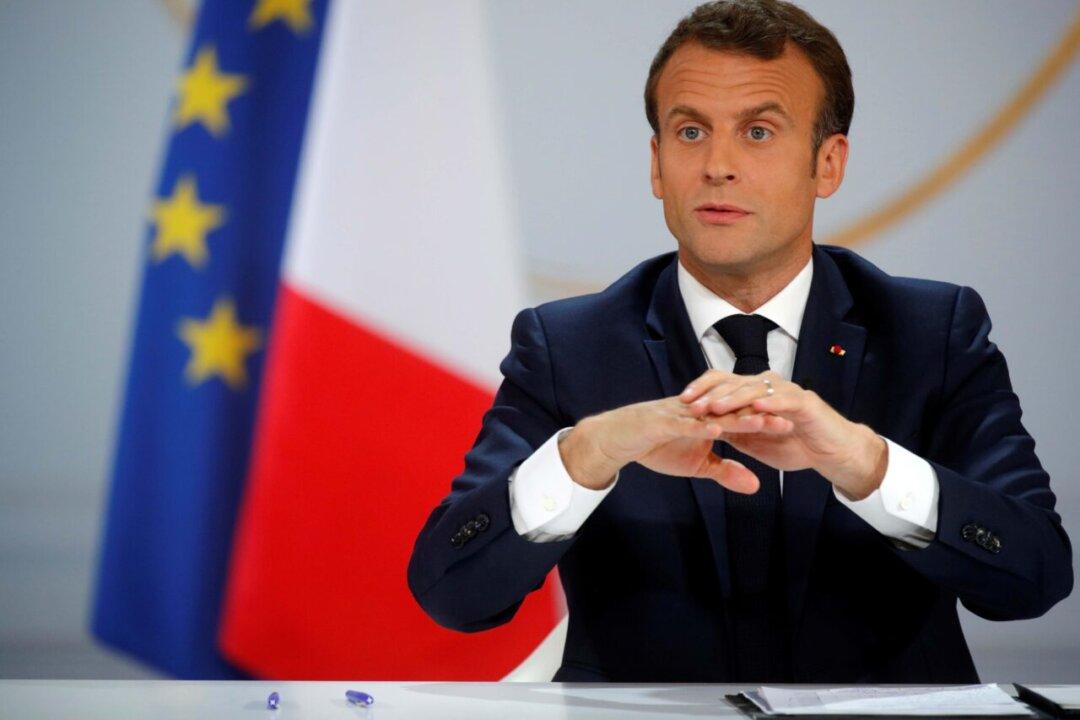Young Lockinvar from out of the North!
The eagle (or at least The Justin) has landed!
In a Washington that is experiencing the first warmth of spring after a grim-for-D.C. winter, the arrival of Canadian Prime Minister Justin Trudeau was a welcome relief. It provided an opportunity for official Washington to divert itself for a day from the grim realities of a viciously fought political presidential campaign in which vituperation is the flavor of every day. And with the likelihood of President Obama accomplishing anything substantive during his remaining months as president more fleeting every day, he may also have enjoyed a “night off” from political cage fighting. A little pomp and circumstance is fun.
In their delight that 'Justin' enjoyed an official State Dinner, Canadians should not forget a blunt reality.
